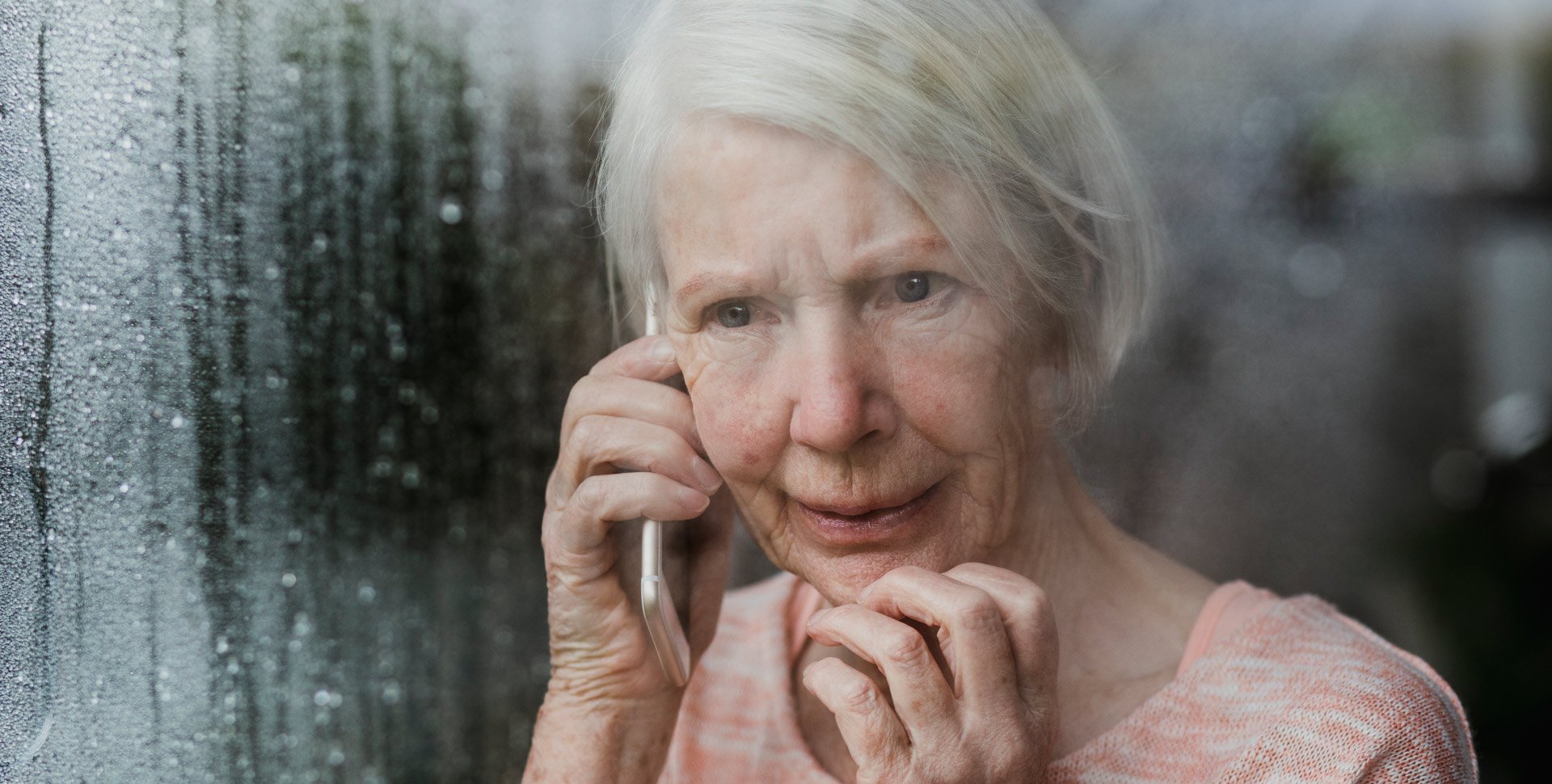Of the numerous challenges that exist when trying to care for someone with dementia, the most onerous and difficult might just be that they have a complete lack of awareness around their own condition or diagnosis. Trying to provide assistance to someone who doesn’t recognize that they need help can be the biggest barrier to overcome. It turns out that not only is this a challenge so common that it affects as many as 80% of people with dementia, but it is a recognized phenomenon within the medical community called “anosognosia."

Anosognosia is defined as “ignorance of illness” or “lack of insight or awareness.” Anosognosia is a result of changes in the brain which interfere with the individual’s ability to recognize his or her cognitive impairment and is extremely common in people with dementia. A person with anosognosia may realize that he has some memory loss but not understand the full extent of it, or may not realize that he has any memory changes at all.
This New York Times’ blog post demystifies this phenomenon and explains why anosognosia is markedly different from denial.
While there isn’t any way to treat anosognosia itself, we can creatively work around this condition in an effort to compassionately introduce care. Often times, getting incremental commitment around tasks or activities that the person will accept help with (e.g. feeding/walking pets, taking care of dry cleaning, etc.) is the best way to start building a bond between the care provider and the person with dementia. Once trust has been established, it is far easier to extend time during visits, look for other areas of need and start to really improve quality of life for someone who desperately needs help but doesn’t have the capacity to realize or ask for it.
Written by Admin
Author bio